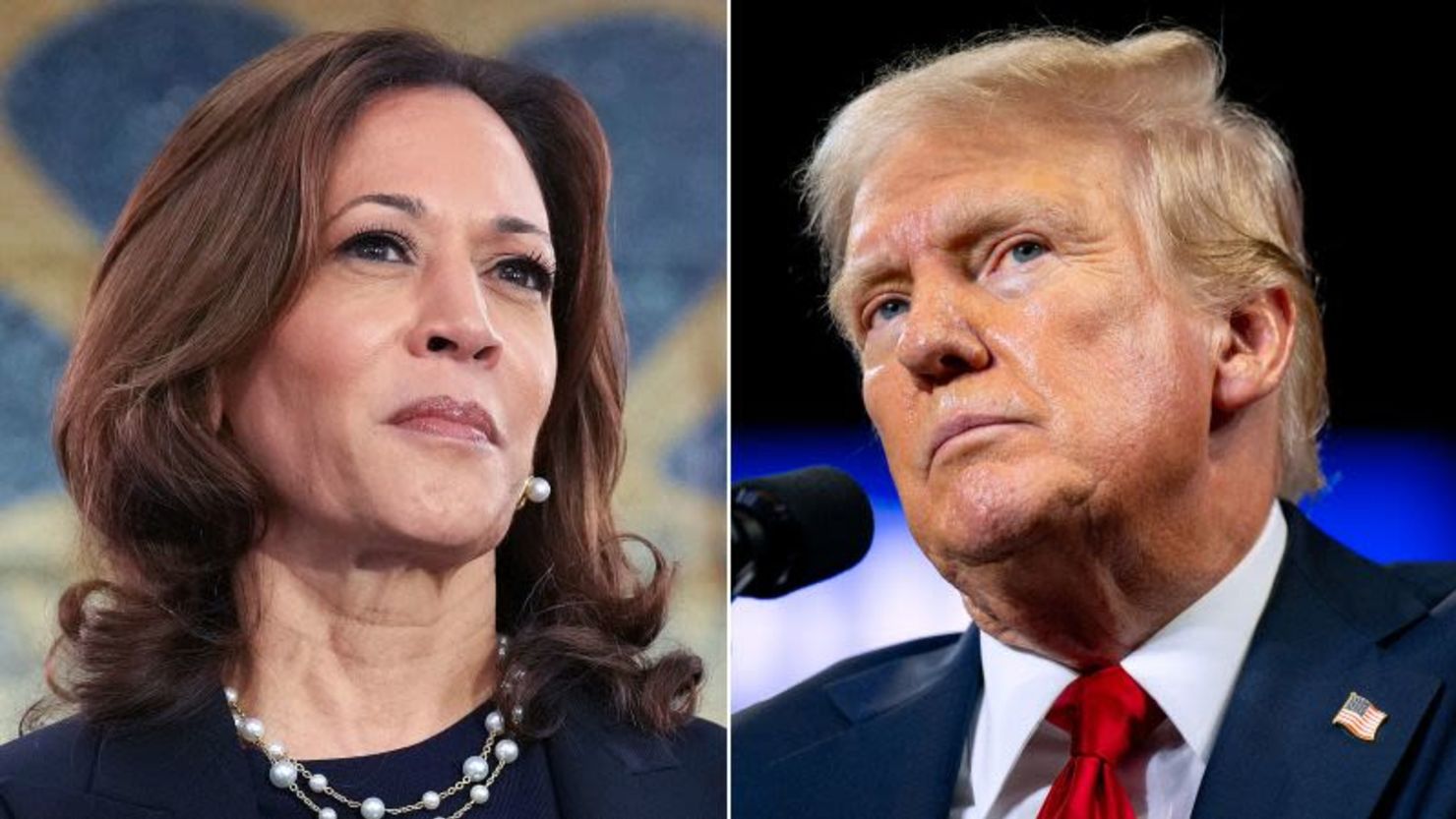6 Major Ways Trump and Harris Would Tackle a Recession Differently!
For over a year now, experts have been sounding alarms about a possible recession. Although the exact timing of an economic downturn remains uncertain, it’s wise to be prepared. Many are asking how the two main presidential candidates—former President Donald Trump and current Vice President Kamala Harris—might tackle a recession if it happens.
Here’s a look at how each candidate’s policies could potentially impact different areas during a recession.
Income Taxes
Under the 2017 Tax Cuts and Jobs Act, income taxes were reduced for most people. However, these tax cuts are set to end at the end of 2025. Trump has stated that he wants to extend these tax cuts indefinitely. In contrast, Harris aims to keep some of these reductions but has promised not to raise taxes on anyone making less than $400,000 annually. She also wants to expand the child tax credit, a move that Trump’s vice presidential pick, JD Vance, has supported as well.
Corporate Taxes
The 2017 tax legislation also lowered corporate taxes, and Trump wants to push these cuts even further. He proposes to reduce the corporate tax rate by 1%, bringing it down to 20%. On the other hand, Harris has suggested raising the corporate tax rate to 28%.
Health Care
Harris plans to build on President Joe Biden’s efforts to make health care more affordable. She aims to cap out-of-pocket insulin costs at $35 per month and limit annual out-of-pocket prescription drug costs to $2,000. Trump has not detailed his healthcare plans much, but he has promised not to cut Medicare and to keep the Affordable Care Act unless a significantly better alternative is found.
Housing
Many Americans are concerned about the high cost of housing. Trump has promised to make housing more affordable by cutting energy costs and lowering interest rates. He believes this will reduce home prices and stimulate home construction.
Harris, however, has a more detailed plan which includes building 3 million new housing units over the next four years, offering tax incentives for builders of “starter homes,” and providing $25,000 in down-payment assistance to working families. It’s important to note that while the president influences housing policy, the Federal Reserve controls interest rates, and tax incentives would need congressional approval.
Groceries
Harris has proposed a federal ban on “corporate price gouging” related to groceries, though 37 states already have such policies. Trump also supported measures against price gouging during his presidency, issuing an executive order in March 2020 to prevent excessive pricing on sanitizing products and personal protective gear. Trump has criticized Harris’s plan to lower grocery costs, labeling it as “socialist” and “communist.”
Tips for Workers
Both Harris and Trump agree on one thing: ending federal taxes on tips. This would benefit service and hospitality workers by allowing them to keep their tip income tax-free. However, the economic impact of this change remains uncertain. Both candidates have discussed this plan during rallies in Nevada, where there is a high concentration of tipped workers.
Read More: House Republicans Want to Increase Social Security Retirement Age
Bottom Line
While presidential candidates can make promises, turning those promises into reality can be challenging. The difficulties faced by President Biden in eliminating student loan debt highlight the complexities of implementing policies. Nevertheless, understanding each candidate’s proposals can give you insight into how they might handle a recession. In the meantime, it’s a good idea to get your finances in order to be prepared for any economic downturn.

